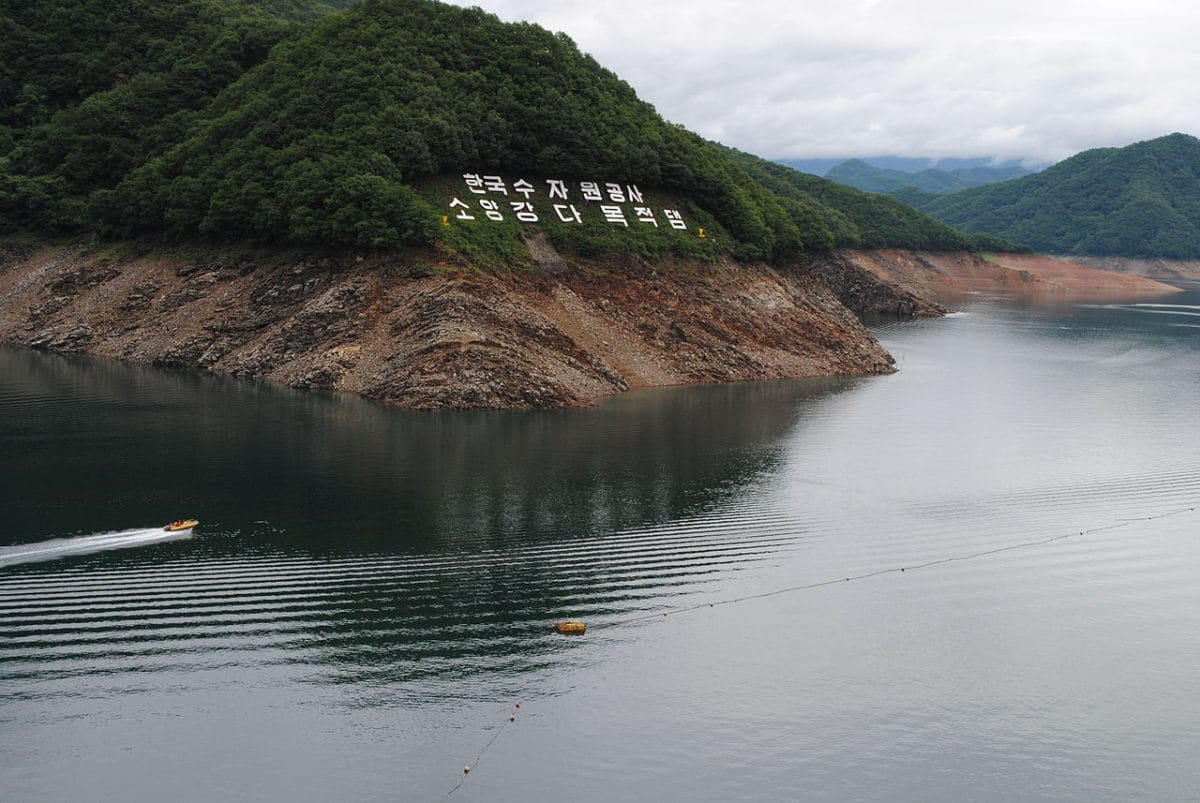The South Korean Ministry of Environment has announced a plan to install around 2.1 GW of floating PV capacity by 2030.
The ministry said in a statement that it had already identified the five dams of Hapcheon, Gunwi, Chungju, Soyang River, and Imha as potential sites for the implementation of the first floating arrays, adding that projects with a combined capacity of 147 MW were currently under development, without providing further details.
One of them is likely the 41 MW floating project that Korean module manufacturer Hanwha Q Cells announced in November for the Hapcheon dam, which is located in South Korea's South Gyeongsang province, for Korea Water Resources Corp., which is a governmental agency that manages water resources. The panel producer has developed a special series of solar modules for floating solar power plants.
The new 2.1 GW program is part of South Korea's plan to become carbon-neutral by 2050. It will add to the 2.1 GW floating solar complex the South Korean government is developing near the Saemangeum tidal flats, on the coast of the Yellow Sea. The KRW4.6 trillion ($3.82 billion) project was unveiled in 2019. It will be built in two stages, with the first 1.2 GW phase set to come online in late 2022 and adding the remaining capacity by 2025.
South Korea is resorting to floating PV on a larger scale as its PV sector is currently dealing with land availability issues.
South Korea plans to install 30.8 GW of solar by 2030.
This content is protected by copyright and may not be reused. If you want to cooperate with us and would like to reuse some of our content, please contact: editors@pv-magazine.com.




1 comment
By submitting this form you agree to pv magazine using your data for the purposes of publishing your comment.
Your personal data will only be disclosed or otherwise transmitted to third parties for the purposes of spam filtering or if this is necessary for technical maintenance of the website. Any other transfer to third parties will not take place unless this is justified on the basis of applicable data protection regulations or if pv magazine is legally obliged to do so.
You may revoke this consent at any time with effect for the future, in which case your personal data will be deleted immediately. Otherwise, your data will be deleted if pv magazine has processed your request or the purpose of data storage is fulfilled.
Further information on data privacy can be found in our Data Protection Policy.